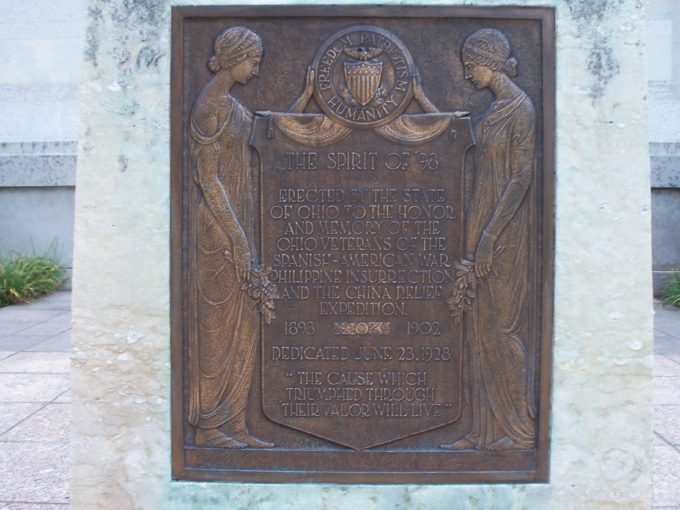
Sunday, 13 October 2019
But the word of the Lord endures forever.”
Now this is the word which by the gospel was preached to you. 1 Peter 1:25
Peter finishes the quote from Isaiah 40 here. In the Hebrew of Isaiah, it says, “But the word of our God stands forever.” Here, Peter makes two changes in thought. The first is from what he said in verse 1:23. There, he used the Greek word logos when speaking of the “word” of God. Here, he uses the word rhema.
The word logos is a word that expresses a thought. When it is used of Christ Jesus, is speaking of Him expressing the thoughts of the Father. The word rhema speaks of a matter which is being conveyed, such as a saying, report, command, promise, and so on. It is often used to speak of the hearing of faith, meaning “the divine inbirthing of faith” (HELPS Word Studies). Paul speaks of faith coming through the word (rhema) of God in Romans 10:17, it is this word which speaks of the word (logos) of God, meaning Christ Jesus, the expression of God in Whom God reveals Himself.
The second change that Peter makes is from the words of Isaiah. There in Isaiah 40, it says “our God.” Here, Peter uses the term kurios, or “lord.” Peter is speaking of the word of the Lord, meaning Jesus. Therefore, he is clearly referring to Jesus as God. The reason for the change from logos in verse 23 to rhema here seems obvious. Just as he is showing that Jesus is God, he is also equating the word (logos) of God which is the expression of Himself to the saying (rhema) of the Lord. Though the two are not the same, both carry the same weight and authority, and both are “forever.”
Peter then takes that and more fully explains it by saying, “Now this is the word which by the gospel was preached to you.” Isaiah equated the state of man to the grass that withers. Both are temporary and corruptible. However, the word of the divine inbirthing of faith is incorruptible. He has quoted Isaiah’s words to support what he said in verse 1:23 –
“…having been born again, not of corruptible seed but incorruptible, through the word of God which lives and abides forever.”
Peter is proving the doctrine of eternal salvation. The seed in the believer, by which he is born again, is incorruptible. This is because it is the word of the Lord (which is the word of God), which brings about the inbirthing of faith. He is giving a theological calculation for us to consider: 1 +1 = 2. Peter, inspired by God, is showing that Jesus is God, that His word is the word of God, and that His word is one which converts the corruptible into the incorruptible.
Robert Young gives an exacting sense of the translation by saying, “and the saying of the Lord doth remain — to the age; and this is the saying that was proclaimed good news to you.”
The believer receives the incorruptible word, and because it is incorruptible, it is a word that will endure for eternity.
Life application: No sooner do we rise up than we age, die, and return to the earth. Despite all of our hopes in politicians, charismatic figures, large incomes, or worldly possessions, none of these things will last. The car we bought that we just “had to have” four years ago is already breaking down and falling to pieces. The politician we thought would correct our problems two years ago turned out to be just another person who licks his finger and holds it up to see which way the wind is blowing. The paychecks of the last year have all been spent and our bank account is empty.
But the word of the Lord endures forever. As the sands of time have speedily fled through the hourglass, and as man’s time on earth has passed from generation to generation, the word of God stands as a testament to what is and what isn’t proper. If we want to know how things will turn out, we don’t need a horoscope, an astrologist, or a mystical seer.
Instead, we merely need to look into the pages of the Bible, and we can see the end of man, the beginning of eternity, and the glory of God – all wrapped up in the Person of Jesus Christ. It is His gospel which alone reveals these things, and it is by faith in Him alone that we can participate in the good and eternal side of what the future holds. When we reject Him, we have only a hopeless anticipation of sadness, destruction, and exile. Let us make the right choices now, and let the Word of God abide soundly in our hearts and souls.
Lord God, today may many call on Jesus as Lord and Savior; today may we who have gone astray renew our hope in Jesus our Lord; and today may we look to the cross and leave the world in our wake. Blessed be the name of the Lord on whose gospel of peace we can rest our hope. Glory to the holy Lamb of God, our Lord Jesus. Amen.




